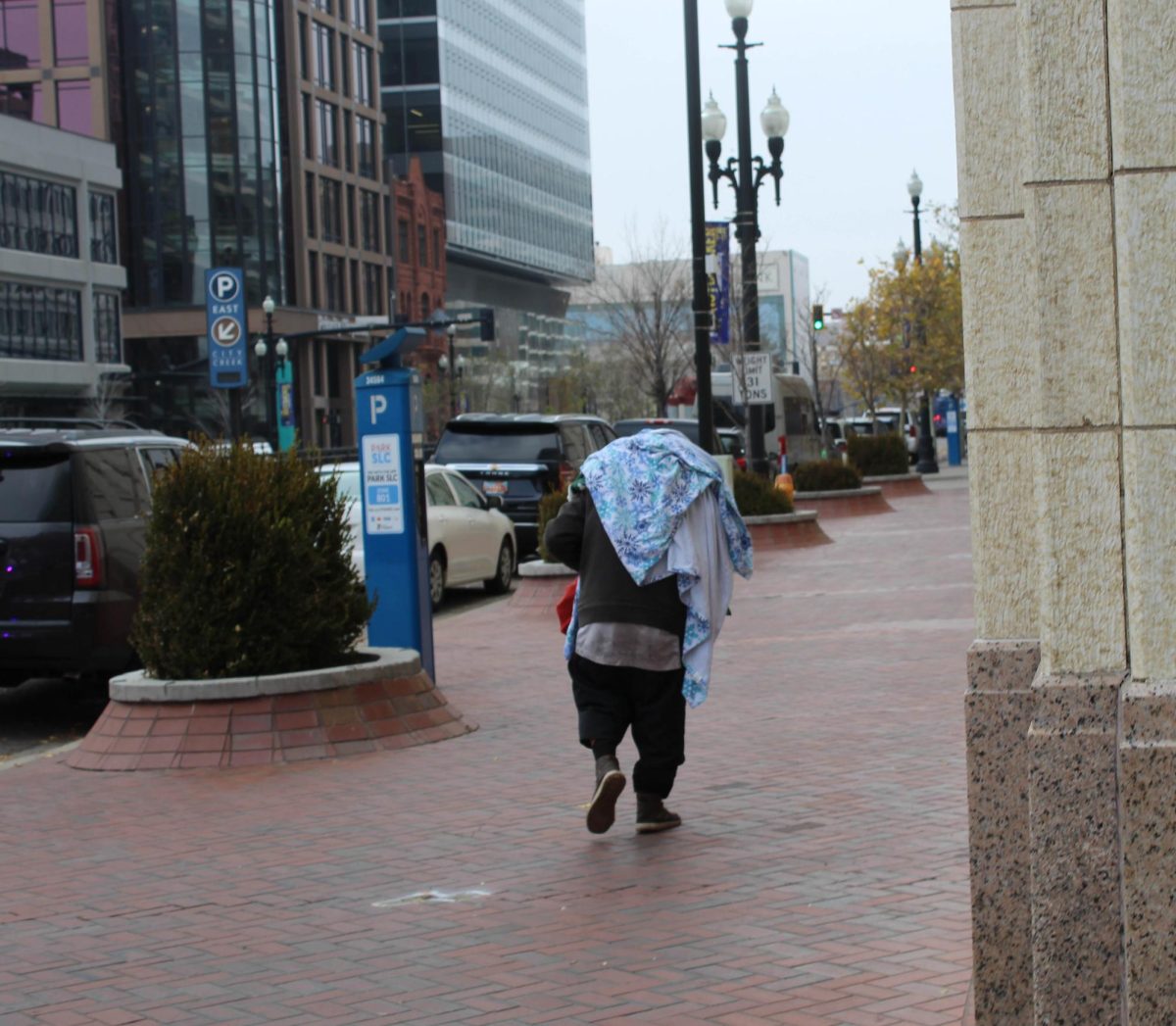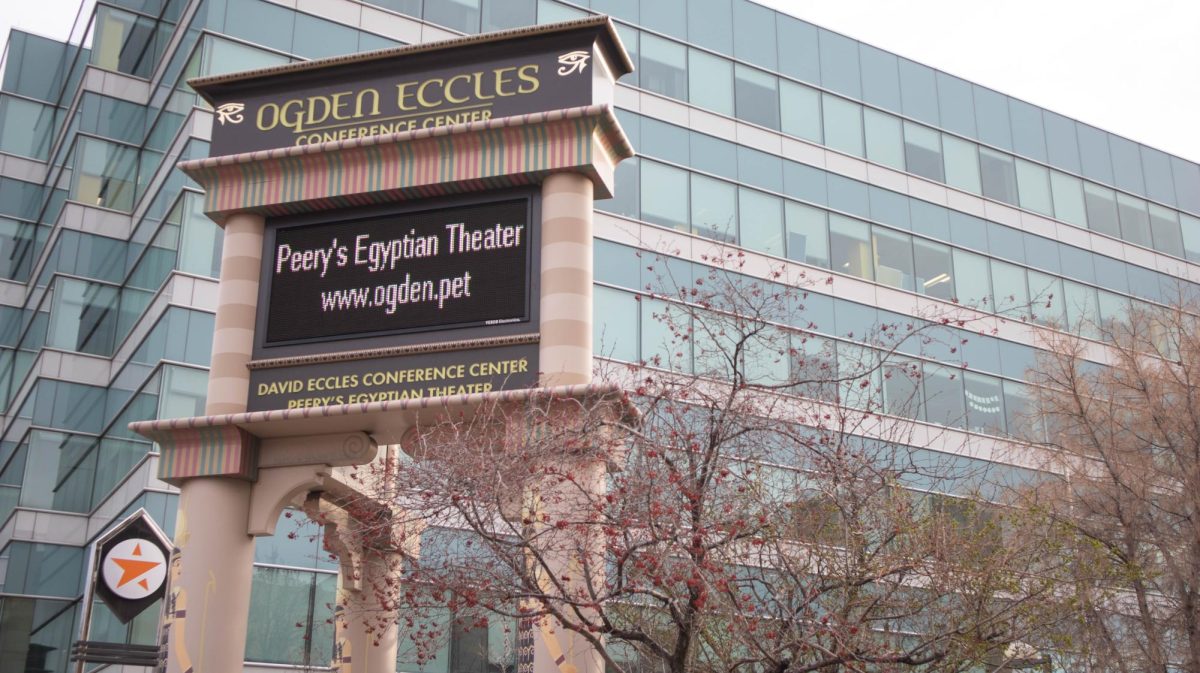[media-credit name=”Spencer Garn” align=”alignright” width=”300″] [/media-credit]An unusually high rate of passive-aggressive behavior among students at Weber State University has been discovered by Michael Stevens, professor and department chair at Weber State University’s business administration department.
[/media-credit]An unusually high rate of passive-aggressive behavior among students at Weber State University has been discovered by Michael Stevens, professor and department chair at Weber State University’s business administration department.
Routinely over the past 20 years in all of his teaching capacities, Stevens has submitted a short questionnaire to his students. The survey is designed to rank their overall approach to resolving conflicts on a graphical scale of personal interests versus interests of others.
In Stevens’ experience at out-of-state universities, avoidance has always been the lowest scoring option by a considerable amount. The average score for avoidance on a point system from 0-12 came in at 3.9. An average of several semesters of this questionnaire at WSU produced an avoidance score of 7.5. The repetition of this phenomenon led Stevens to stratify and investigate his findings further.
The students were categorized into “Utah-raised,” “Non-Utah-raised” and “Utah-raised of LDS faith.” Stevens found that his students who were of the LDS faith and Utah-raised averaged a 9.2 on avoidance, approximately two and a half times greater than national counterparts.
“Avoidance is where people try to avoid the conflict; they do as the ostrich and stick their head in the sand,” Stevens said. “Compromise is where you realize the problem will not go away, and you split the difference by getting half of what you want and giving the other party half of what they want.”
Though statistical law prohibits extracting cause and effect relationships from correlation of phenomena, Stevens feels strongly that in particular “Utah Mormonism” is the source of such passive-aggressive behavior among his students.
“The problem is that all conflict is perceived as contention, and contention is ‘of the devil,’” Stevens said. “It‘s so problematic because it holds a mental model that confrontation is a bad thing.”
Stevens shared his paper at the Sunstone Education Foundation Symposium last August and plans to publish his study “Passive Aggression Among the Latter-day Saints: Evidence from the Wasatch Front” sometime within the next year.
Mary Ellen Robertson, the director of Outreach and Symposia at Sunstone, said Stevens’s research provided those at the symposium who moved to Utah from out of state a way to “put into words” the behavior they had encountered at work and other social settings.
“People who’ve grown up in other places who are more accustomed to that direct communication get frustrated,” Robertson said.
Susan Hafen, a professor in the communications department at WSU, explained an anecdote of this type of situation.
“It’s what a manager of mine called, ‘The Poison Pen Letter Culture,’” Hafen said.
In a previous position as a manager for the Kimberly Clark Company, Hafen’s manager had a box where customers or employees could share any suggestions or grievances.
“When he’d worked in other areas, people tended to sign their names on these letters, but here in Ogden, no one signed their names,” Hafen said. “We got a lot of pretty disgruntled letters about managers, very personal attacks and no one signed their names”.
Hafen explained that this was an irregular phenomena because people in most other regions were willing to openly air what they believed should be changed whereas the Ogden employees never took possession of their comments.
“Is being nice in the work place a problem?” Hafen asked. “Of course not. But if people are unwilling to be criticized and give criticism in a direct way that’s honest then things don’t get solved.”



















